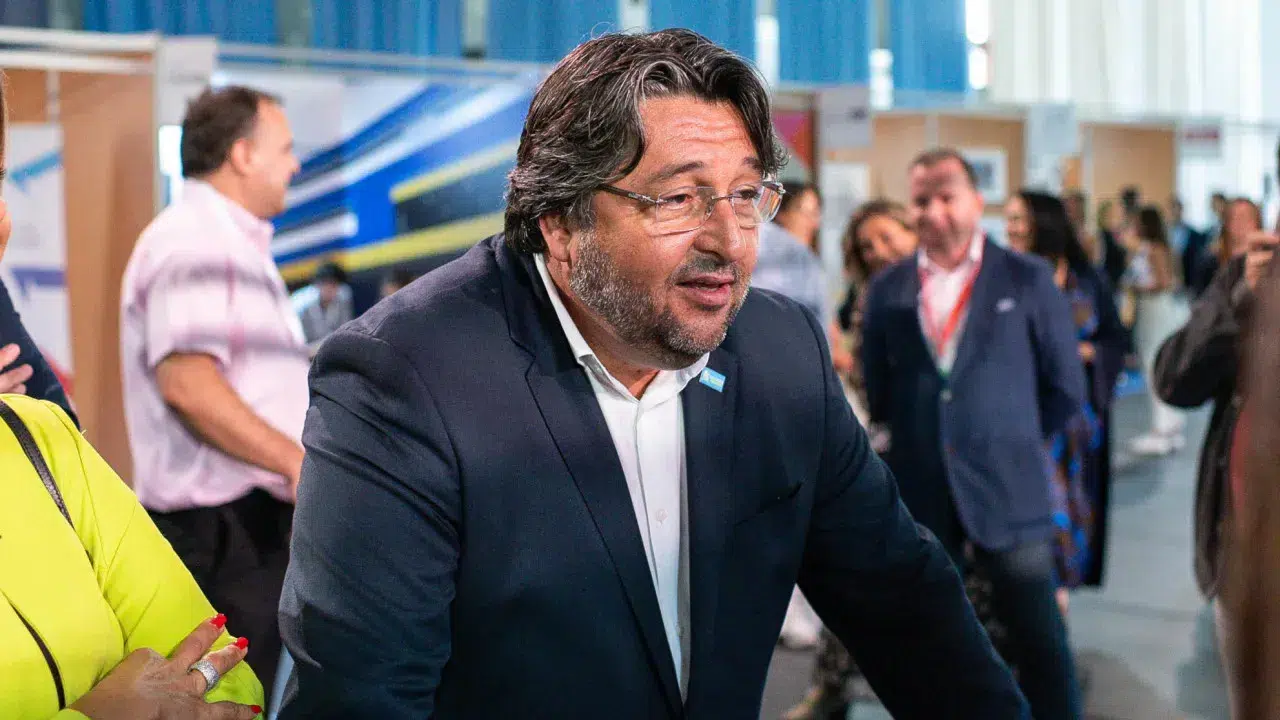
The International Monetary Fund (IMF) has pledged its ongoing support to the Mozambican economy, aiming to maintain macroeconomic and financial stability. This commitment was voiced by Bo Li following his meeting with Mozambican President Daniel Chapo at the Presidential Office in Maputo.
During the meeting, Li expressed the IMF’s willingness to back the Mozambican government’s initiatives, highlighting progress in governance and structural reforms. “We are impressed with the measures already adopted, particularly the streamlining of government machinery and the vigorous fight against corruption, which align with the principles and expectations of the IMF,” Li stated, as quoted by the Presidency.
Li’s visit signifies “international confidence in the reform efforts of the Mozambican government,” led by Daniel Chapo since January, and presents an opportunity to forge new partnerships for inclusive and sustainable growth, as emphasized by the Presidency.
The IMF and Mozambican authorities have agreed to conclude consultations under the current assistance plan and initiate negotiations for a new one, the international financial institution shared in a statement on April 18.
“To better align the IMF’s support with the vision and priorities of the new government, Mozambican authorities have requested the start of discussions for a new IMF program. Discussions with the IMF teams will begin shortly,” the statement reads.
The Washington-based organization further noted in the statement that “Mozambican authorities and IMF teams have reached an understanding not to proceed with subsequent reviews under the mechanism supported by the Extended Credit Facility (ECF).”
The IMF visited Mozambique from February 19 to March 4 to discuss the implementation of policy measures under the ECF’s framework, continuing with remote meetings thereafter.
Approved in May 2022, the ECF program provides total financing of $456 million (€416.2 million) to Mozambique, with four tranches already released.
On June 15, 2024, the IMF announced a “technical agreement” with the Mozambican government on economic policies to conclude the fourth assessment of the country’s assistance program, enabling the disbursement of an additional €55.9 million (exchange rate at that time).
Previously, the third review of this 36-month program, conducted in January, concluded the third assessment, at which point a tranche of $60.7 million (€56.6 million) was released for budgetary support. At that stage, total disbursements to Mozambique under the ECF reached approximately $273 million (€254.7 million).
In early March, the IMF suggested that Mozambique requires “fiscal consolidation” in 2025 to ensure the sustainability of its public accounts, given the significant budget slippage seen the previous year.
“Preliminary estimates suggest significant budget slippages in 2024, partially explained by the slowdown in economic activity during the last quarter,” stated Pablo Lopez Murphy, as cited in an IMF communication dated March 5, concerning the recent evaluation of the ECF agreement.
“Fiscal consolidation in 2025 is necessary to ensure budgetary and debt sustainability and to preserve macroeconomic stability,” added Murphy, who led IMF discussions with Mozambican authorities, including the President and the Prime Minister, from February 19 to March 4, referring to the policies underpinning the fifth and sixth reviews under the ECF.




